Executive Interviews
Our Executive Interviews feature top leaders from across the disciplines that we specialise in, sharing their career advice and experience with candidates seeking success in those sectors.
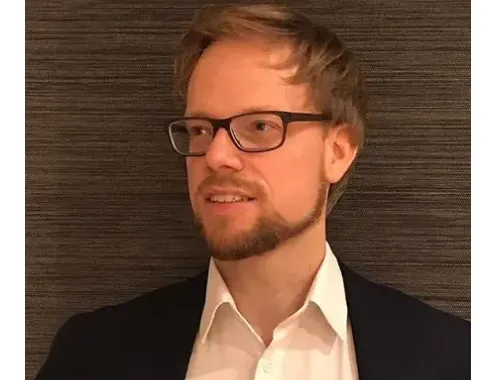
Christian Bruechle- Lead CFO at Coty Benelux
As Lead CFO for Coty Benelux, what is your typical day?
There is actually no day like the other. Mostly I spend my day in meetings and reviews, supporting the Business and Finance Teams to guide, remove roadblocks and ultimately to make decisions. This is quite diverse and ranges from business topics (i.e. can we launch a new product for a certain customer with a specific support model, ensuring this is financially attractive), to making decisions in the area of our Custodian/Accounting Teams (i.e. General Ledger, Accounts Receivable or Accounts Payable), to people management topics, questions related to the Coty’s Holding activities, or presenting new strategies to our local teams or to the Company Leadership Team, etc.
Coty allows me to have a balance between work and family, which means that I can take my son to Day Care every morning.
If you could go back, what decision would you change, if any, about your career, and why?
This is actually a very good question! Recently I was asked to present internally to the Benelux organisation about my career development and one of the questions was very similar. I wouldn’t actually change any of my decisions, but I would evaluate some of the situations I have encountered. In the end, everything turned out well and I feel quite lucky with it. Despite the fact there were times where I was thinking, “I’m not moving on fast enough”, I got to where I wanted to get to.
My advice is that ‘patience’ and choosing the ‘right’ assignment over the faster career step, definitely pays out in the end.
What made you decide to move to Coty in Amsterdam, from Procter & Gamble – Switzerland? How did this impact your family?
In the end it was the job opportunity of the position of the ‘Lead CFO Benelux’ which made me move to Amsterdam. Being able to run a relatively large Finance organisation, with around 40 employees and operating the full 360 degree set of finance tasks (including Business, Custodian/Accounting, Controls, Financing, etc.), plus with the special addition of Coty’s Holding activities also being managed out of the Benelux, made this decision easy.
However, on a personal side this came with a ‘downside’ of moving my family from Geneva, where we really enjoyed living. My partner needed to abandon a very attractive job with the United Nations. However today we are happy that we did it, since we all managed to settle well in the Netherlands, both professionally and as a family.
What advice would you provide to Senior Finance professionals considering the move to the Netherlands?
I have no specific advice but can only confirm that the Netherlands is a great place to work as well as to live and would recommend trying it. I especially appreciate the ‘direct and collaborative’ work style of Dutch people, as well as the versatile possibilities of outside work activities such as ‘Kite Surfing’, in addition to having a work/life balance!
What makes Coty an employer of choice?
In my opinion, Coty is probably one of the best companies for personal accelerated development and growth. Despite being a sizeable company, we are still growing together after the merge with P&G in 2016, which has created the need for a lot of flexibility, creativity and, above all, personal ownership. This is one of the reasons I joined and can confirm after 3 years that this is really the place for development and growth.
We are currently building the future company all together. A ‘learning’ environment in a big company of similar size, you usually would not get.
What key attributes does Coty look for in a potential employee?
It will always depend on the specific position we are hiring for (depends on the expertise or experience required). However, in general, we look for individuals with a strong commitment, a strong ‘own it, drive it’ attitude as well as a good ‘team player’ mindset. People who are committed and don’t get afraid of challenges.
As a business, how does Coty promote diversity and inclusion internally? How does this manifest itself in the finance function?
Yes, indeed diversity and inclusion is a very important factor for us, which we are not just promoting corporately, but driving also locally. Take for instance our local Benelux Finance team; within the team of around 40 people we have 8 different nationalities, circa 15 different backgrounds and ca. 60% female employees. Bringing the strength from different backgrounds!
How does Coty actively support with Corporate Social Responsibility?
Also in this area, we try to play our part. As an example, initiatives include a Charity Day, where all employees support local projects for one day. We are currently trying to make our offices ‘greener’ by specific waste reduction activities; less/no plastic initiatives, taking the stairs/saving energy and supporting specific individual fundraising projects that are initiated by our employees.
At a global level, Coty and its brands are committed to minimizing its impact on the environment and to a range of social causes, such as the “We Stand For You” program, co-led with Global Citizen, aiming at raising Coty associates’ voices to fight against discrimination, whether on gender, LGBTI, ethnicity or disability.
If you didn’t work in finance, what another career would you like to have tried?
Before starting my studies of Finance, I was actually looking into Environmental Engineering as an alternative study, as this was my passion. At a later stage during my time at University I was also considering doing a side move towards Diplomacy, which is also why I specifically chose to study for one year in France.
What beauty products can you not live without?
If worst comes to worst, I guess I could live without any beauty products. However, having worked in this industry for a very long time now, I actually get to (and enjoy) trying new products all the time to stay close to latest developments and innovations of the category.

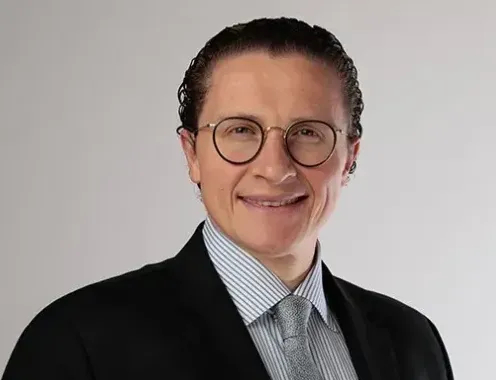
Alexander Albrecht- Finance Director Europe - LECO
What excites you about working for LECO?
We are a global family business that has the advantage of a personal culture where people care about each.
I’m given the opportunity to develop my own ideas and have a lot of freedom to manage the administration of our European Subsidiaries – Finance, Supply Chain, HR and Legal -
How does the business stand out from the market and your competitors?
We have an outstanding sales and service organisation which cares about the customer. Sales does not end with selling an instrument to the customer; it is the aftersales service which really makes a difference for us and we have people who have worked here for some time - I don’t think any of competitors can deliver a similar quality. Furthermore, we have a high level of vertical integration in our production, meaning that we really do a lot of stuff on our own, which is not that common any more – nearly every screw is still produced in St Joseph, Michigan which helps us to control the quality of our products.
What would you say is the most rewarding part of your role?
I would say seeing the success of the company is the biggest reward and seeing satisfaction from the joy of the team working together. I personally find that a satisfying factor.
When did you decide to explore a career in accountancy and finance and why?
At school I was already interested in accounting and I always had a strong tendency towards that; during my studies that sort of firmed this up. I was seeing finance as a backbone for any organisation and this gave me the opportunity to sneak into every corner of a company! I think there is probably no area like finance, where from day one you get to see and get in touch with every area of a business.
Looking back through your established career, what would you identify as a personal highlight?
The biggest highlight for me or the latest achievement which I am proud of is the reorganisation which we have done here. LECO Europe has been an established company, but the question asks re. established career, and I don’t know if I am at the stage to call it an established career! I can tell you for sure that over the last years we have been driving a change process to renew the organisation and to bring in fresh blood to change processes and this is one highlight for me. We are looking nowadays at a very modern organisation with a small shared service centre and centralised distribution. I am proud of that we have been successful in completing these projects.
What would be your advice to someone aspiring to be where you are now?
The base is always skills. You need to get the base right, because if you don’t, you won’t have a clue and it will be difficult to get into a good career, no matter what you do. It is also about commitment and ownership; that is what makes the difference. I am 100% engaged with the company and companies I have worked with before and that ownership and drives becomes visible to those people around you. That is the path for your career.
Listen to the people around you and show some patience sometimes. Just reflecting on myself here; for people who want to have a quick career most of the time they lack the patience that is sometimes necessary to do the next steps and sometimes only a month makes a difference. Sometimes they are too impatient to change job and they are destroying their careers by doing that.
You have worked for small companies and large business, what would you say are the advantages and disadvantages of both?
I think to rate something as an advantage or disadvantage is down to the person themselves – there are visible differences, and everybody needs to decide for themselves if they see it as an advantage or disadvantage.
One key factor is speed and flexibility; decision processes in small companies in general happen more quickly than larger organisations and that makes them faster to react. Nowadays you see that a lot of larger organisations try to build up their own accelerators to achieve that flexibility and reaction. The other thing is clearly the personal factor, if you are working in a multinational company with 1000-2000 employees there is a good chance that the CEO, CFO soon will know your name. In companies with 50.000 employees or more, you are quickly becoming a number.
When you decide to go for a smaller business you should be ready to change a bit of your style of working as usually small organisations require more flexibility from you. I have seen people coming for interviews from bigger businesses and they are used to structure - there is a person and process description for everything. In a smaller organisation that is not something you can necessarily expect and there is more flexibility requested from you in your day-to-day role and you need to be prepared for that.
Who is your most inspirational person in business and why?
Someone I worked with was one of my first mentors and later on a supervisor and manager of my last job (he was very senior). He had a certain business philosophy which gave me a lot and I still reflect on nowadays. That would be an inspirational person from my career.
If you talk big names, two names always turn around in my mind – Richard Branson (Founder of Virgin Group)and Dietrich Mateschitz (Founder of Red Bull). Both achieved major things in terms of building brands and so on, and what is more inspiring is that both of them are 70+ now and they still have a massive energy to drive and be engaged in their business and they are still innovative still at that age; I find that inspiring.
What books / blogs are you currently reading? What book could you recommend to accountants that are wanting to progress?
I have just finished a book called “Don’t Stop the Carnival” which is quite an old book and placed in the 1960/70s by Herman Wouk. It is about a Caribbean island and a guy from New York who wants to disconnect. He buys a hotel there and it is about all the difficulties in this environment and culture, very far from what he is used to in New York. It’s quite interesting and was recommended to me by a friend who lives in Barbados. Life looks nice, but it is very different. Read that book and it will tell you a lot about the day-to-day life.
I also look at books on personal development – 7 Habits of Highly Effective People may not be for everyone, but you need to open your mind for those things before you read them.
Do you have any hidden talents?
Not that I have discovered so far. I still have the hope that when I retire I will be able to go on a senior golf tour and be a good golf player but I am not sure that talent will develop!

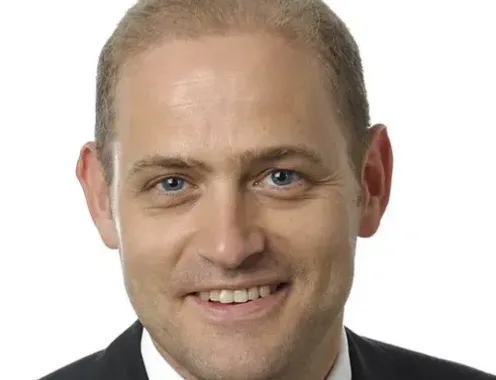
Thomas Staehli, Finance Director - Loomis Schweiz AG
To get started, please could you tell us a little about your background?
Second thing to focus on is your goals. If you know your long term goals, try to work towards them as early as possible. In my case it was a different path. In some ways it was positive because I gained a broader picture of the world - gaining different skills, a different mindset to those focused on one area - but nevertheless, focus on your goals and know what you want from life.
Third, consult with experienced people. Try to get in touch and keep in touch with people who are better than you and try to learn from their experience, and mistakes as well. Try to get as much as possible out of them and apply to your own personal career.
Looking back through your established career, what would you identify as a personal highlight?
What are your personal motivators?
How did you get to the level you are at? What great decisions do you believe you have made throughout your career and what risks have you had to take?
1. Quitting my job before my current job. This was definitely a risk with family to provide for, but I was confident that it was the right decision - and it was.
2. When we moved to the US. We have two children; our daughter was 3 years old and son 3 months. My wife left her well-paid job here. My salary was much lower than in Switzerland. Financially and career wise it was a risk. In the US they are not waiting for young Swiss people to come to work, they have their own great candidates there. You have to make yourself stand out. It was what I wanted. I probably didn’t have the same support as ex pats; I had to do my own tax filings there and find my own apartment there for the family. It was also a good experience. I specifically chose Deloitte because I thought I may have this chance later down the line.
Can you identify how your organisation stands out from the market and your competitors?
I also have the type of businesses that I wouldn’t work for, but as long as you can ethically support the business, why not work for it?
Be flexible in terms of position. You have to change career sometimes. You may not have the position or salary level you envisaged, but here in Switzerland everyone is relatively well paid, so why not work for less during a certain period of time. I was always flexible in that respect, therefore I would recommend it. Just because they had a certain level in a previous job, why not be open and adjust to a new reality when it is not possible to gain as much anymore.
I understand it is not easy, but it is better to work for less than not at all.
Describe yourself in 3 words
Flexible, reliable and open-minded.
In my view the only resource that increases in value if you share it is knowledge. Any other resource divided, you end up with less. Dividing knowledge increases its value for everybody.

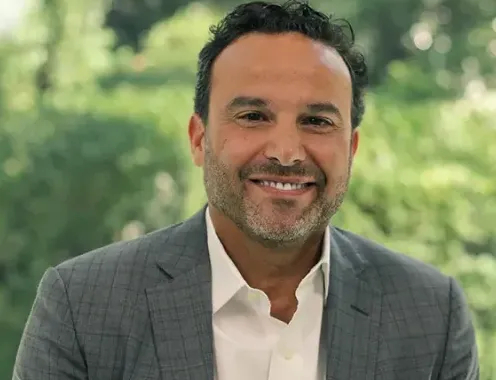
Nicola Scampoli - SVP Corporate Finance & Procurement at SWAROVSKI
I observe an oversupply of qualified talent in Finance and an undersupply in the Procurement market. My observations rely particularly on the turnover of staff and recruitment.
I have a broad role in an attractive, globally operating company that keeps me interested and challenged. I have the opportunity to deep dive in certain areas of interest (e.g. M&A and investments) and I can make use of my education, languages, skills and experience in a free-to-act working culture.

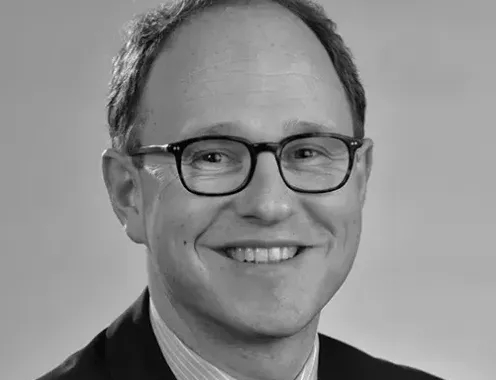
Stephan Gaemers - Tax Director at TIP Trailer Services
Looking back through your established career, what would you identify as a personal highlight?

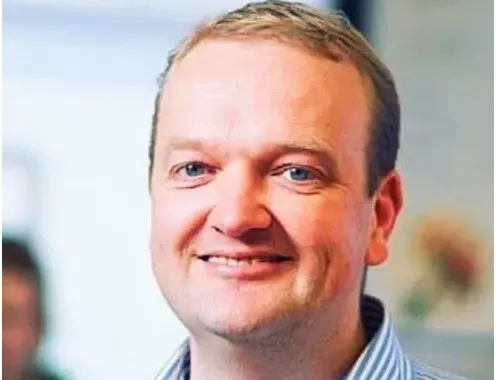
Ralph Geertsema - Program Director Digital at LeasePlan Nederland
You started your career in Finance and have moved into a more Technology led role. When did your passion for Technology and Transformation begin and why?
Many people will underestimate the effort it takes to achieve a true step change; you can’t buy what they have done, you can only earn it. Having done a number of these transformations and knowing how hard it is, I value the outcome even more.
What does this cross-functional transformation then really mean? If you want to change the world of Finance, then you need to take the rest of the business people with you. The effectiveness of the change sometimes evaporates because you aren’t taking the rest of the organisation with finance. You hit the efficiency target, but the effectiveness of the process goes out the door. Working together with people across the business is essential; you may want to change the Procure to Pay procedure for instance, create and receive an order close to where the action really happens, rather than a distant office.
This is really where technology can help us these days, because of these magical brilliant computers we have, which can help and automate with Artificial Intelligence. It’s about bringing the simple transaction to an easier solution and bringing the transaction to a complete end result.
There is a lot of press around Blockchain at the moment and when I go and look for the program team now I struggle to find them. And even sometimes we find out they may no longer be involved and now left! So, we can all see the opportunity, but we can’t see too much in the results yet. For me it is a bit like Data Analytics of 5-8 years ago or so. We knew we could analyse data really well, but weren't sure how to create business value. It took the best of 5 years to bring business solutions based analytics before we really saw things come into fruition.
Also, this journey is far from over and will take a number of years before data-driven decision making is part of everyone’s day-to-day working life.
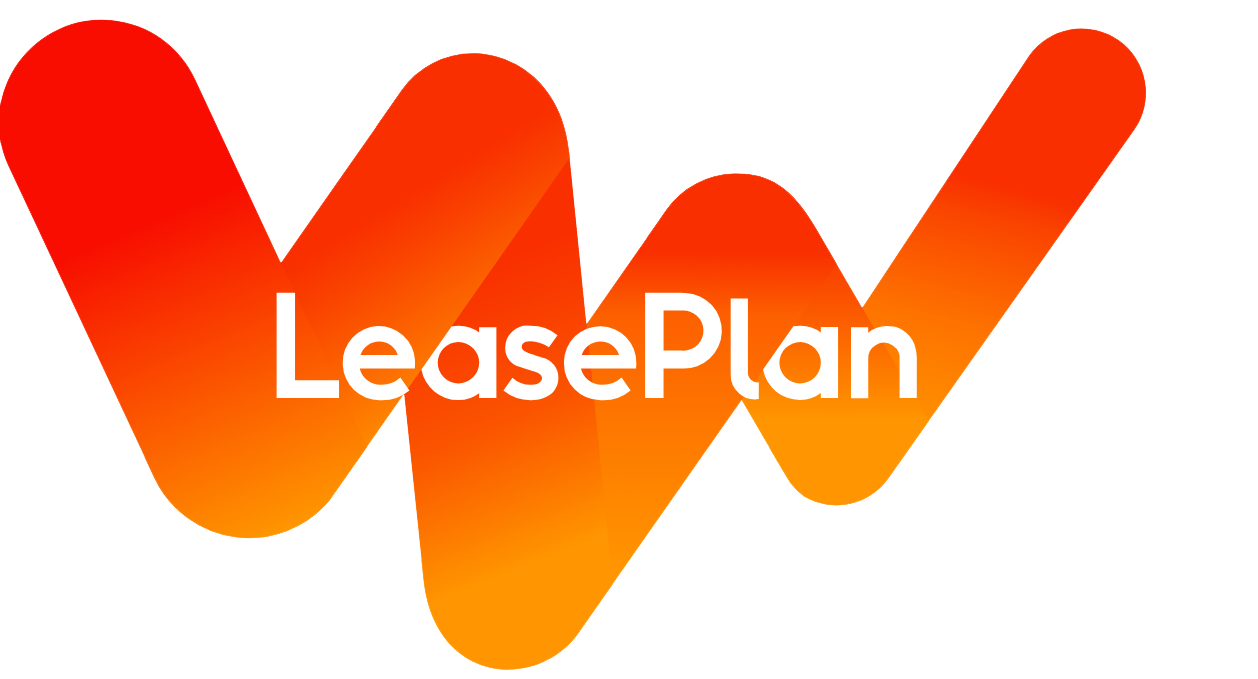







You can also use your social account to sign in. First you need to:
Accept Terms & Conditions And Privacy Policy